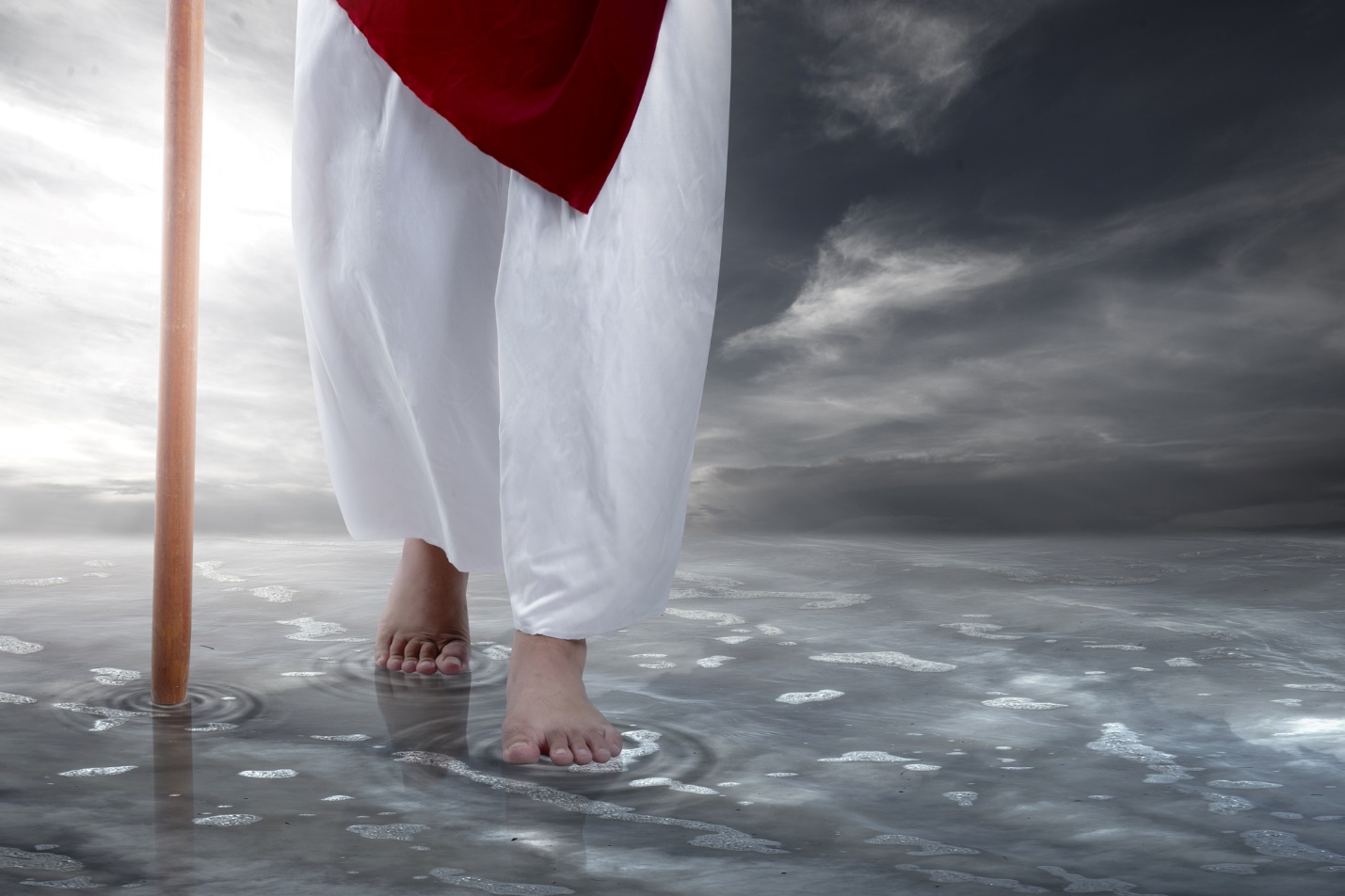BP 220
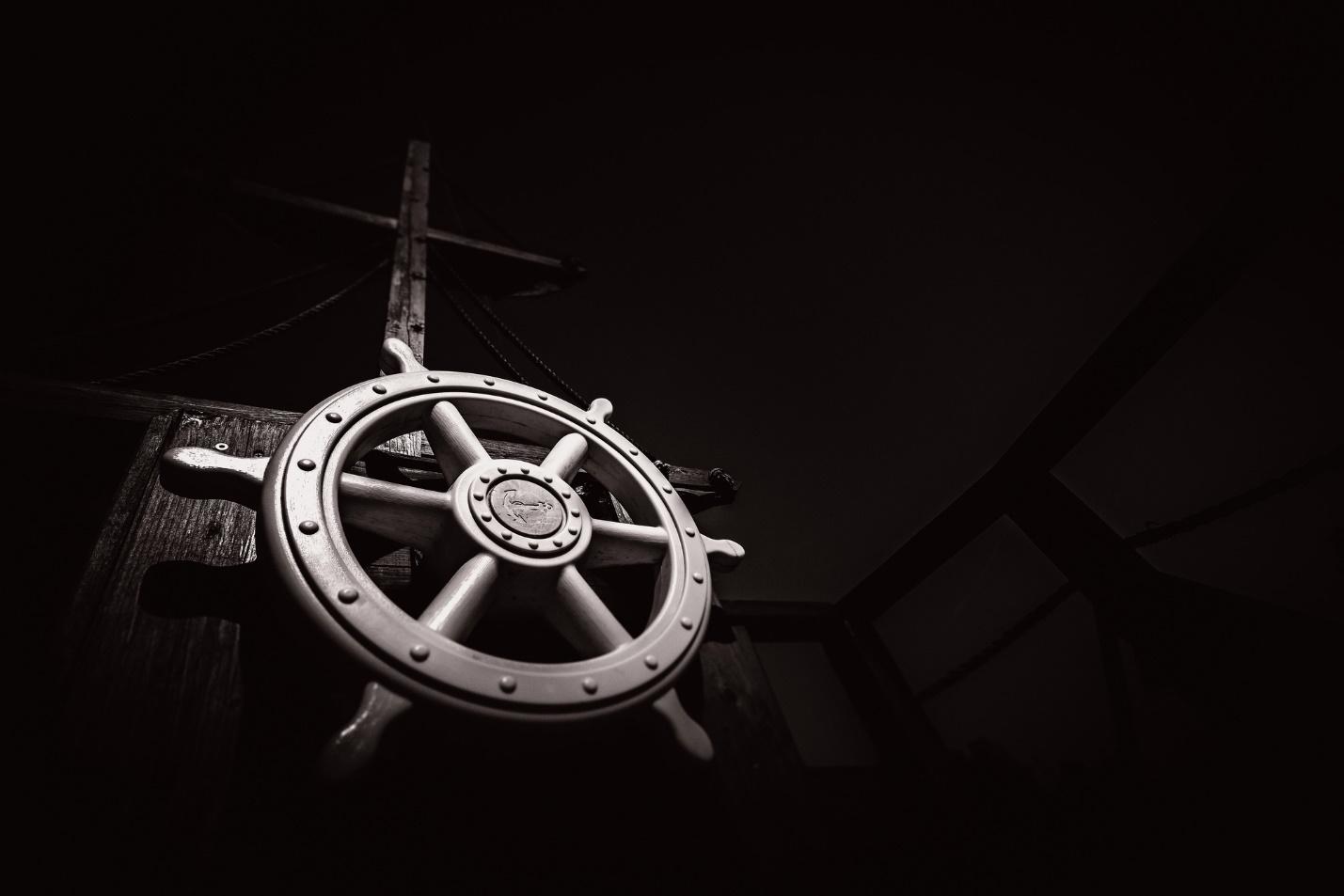
The night is very dark when the large ship glides soundlessly into the harbor.
Now why would someone say the night is very dark? Is not night always dark? Yes, but this night is darker than most others. Not a star is seen in the heavens and only one solitary light from the land produces a murky, eerie glow that is not much more than the light of a single candle. It is so dark that the Captain of the ship obviously does not see the port very clearly and glances the vessel off the pier. A loud scraping noise rips open the silence of the night. (The ship may also have hit the pier because the Captain has forever sailed at sea and never moored at a port in the past.)
The night is so dark because the Captain and the ship bring the darkness with them. Being alone does not invite the light.
When the ship–a giant black mountain in the night–pulls alongside the port and comes to a stop, insubstantial figures that can hardly be seen in the dark scurry down the side of the ship and secure the vessel to mooring posts with unusually thin ropes. They are as flimsy as the crew. Then the skeletal ship hands move the gangway into place apparently so the Captain can descend from the ship to the port. The problem is that the top of the ramp remains ten feet from the ship so no one can get on or off the vessel.
Both the thin ropes and the detached gangway send the same message: this ship does not really want to be moored to the port but wants to keep a “safe” distance.
A single person stands on the dark port. The Observer has been watching and waiting with a hopeful heart, for this ship has sailed past the port hundreds of times in recent years, but has never stopped. So, the fact that the ship has moored tonight—even with such fragile ropes–is a great precedent. No wonder the Observer on the dock is standing with anticipation instead of sitting with mild curiosity. Something is different this night.
The Captain approaches the “near but yet so far” gangway but does not descend, of course, because it is not possible. Instead, the lone figure stands still, almost totally hidden by the dark. An untrained eye would not have seen the Captain, but then the Observer is used to seeing those who most others do not see. It is the Observer’s calling.
When the Captain does not address the Observer but stands silent and hidden in the darkness of his vessel, the figure on the dock finally shouts (for the ship is 17 stories high), “What do you need?”
No response is immediately forthcoming from the Captain of the USS Independence.
But after a full minute, a voice replies quietly (the Observer has to strain to hear it), “I’m fine.”
“Then why did you moor here?”
Another long silence ensues that is finally broken by the halting words, “I don’t know.”
“What don’t you know?”
“I don’t know what I don’t know but I know that you ask too many questions,” the Captain replies testily.
The Observer is undaunted by the Captain’s cool reception. (Observers cannot take anything personally if they wish to approach those who are hurting and so very defensive.)
“Ships don’t moor here unless they need something like supplies, fuel, directions, maps, even blueprints. Most often, they’re looking for a Navigator. I am such a person. But I will not board your ship unless I am invited.”
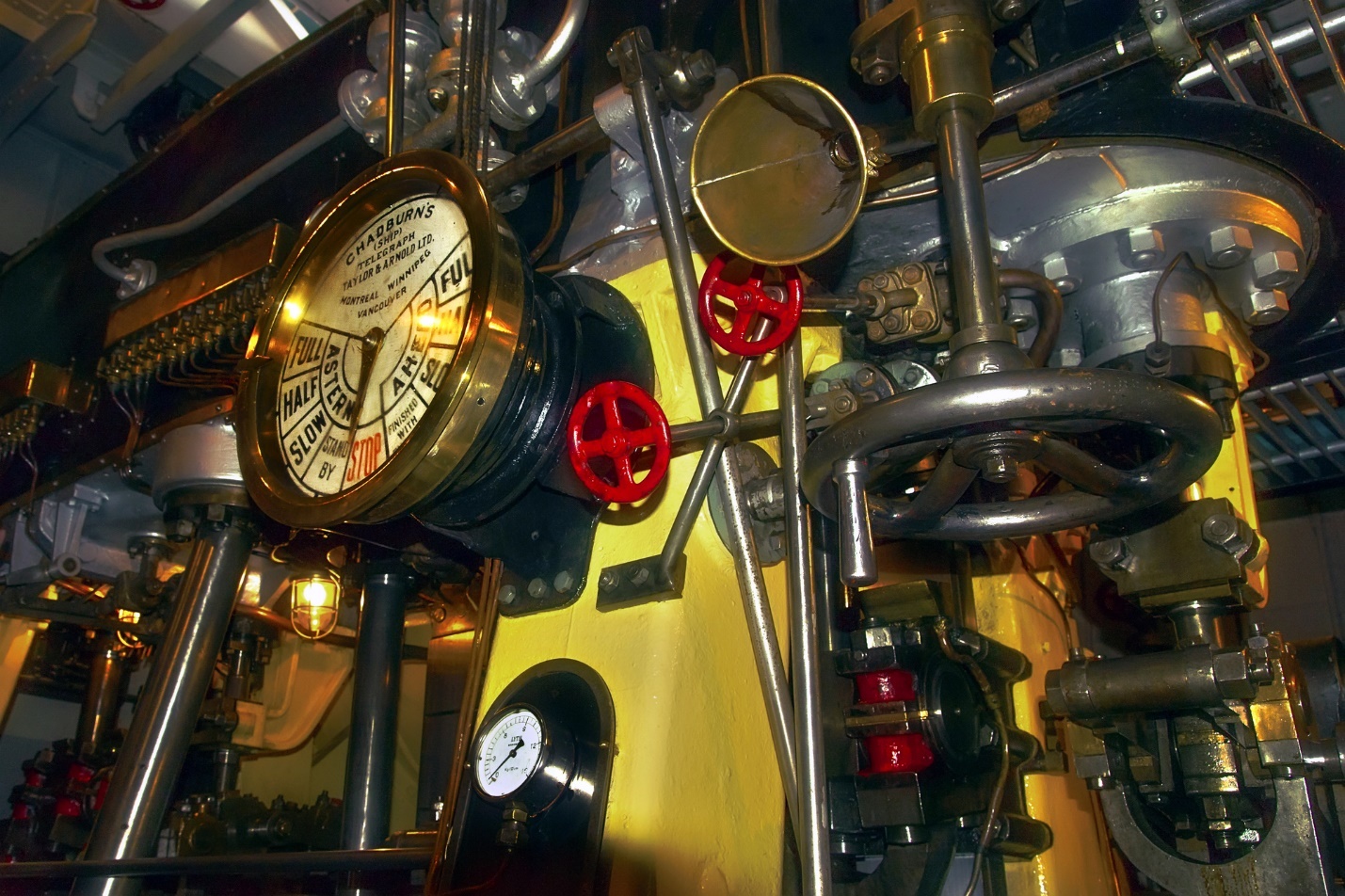
The Navigator hears the Captain sigh loudly from above even at that great distance. Then hopeful words pierce the darkness: “I need—I want someone to inspect one of the ship’s reciprocating four-cylinder, triple-expansion steam engines. Lately, it has not been producing the expected horsepower.”
The Observer/Navigator comments quietly into the darkness, “That engine has never produced the horsepower it was made to generate. Not anywhere close.”
“What’s that?” the Captain shouts down.
The Navigator smiles to himself and shouts back, “Are you inviting me on board the USS Independence or not?”
“If you’re waiting for a red carpet, you’ll be waiting a long time, but yes, I’m suggesting you could possibly come up on deck when you have time.”
The Navigator does not hesitate. Sometimes the window is not open long so when the invitation comes, the response must be prompt. The Navigator walks briskly up the gangway to the deck of the large vessel and stands at the top of the ramp as the skeleton crew pushes the boarding device up to the side of the ship. In the deep darkness, the Navigator can just make out the forms of the crew members that look to be made of gossamer and intent on not being seen.
When the crew has removed the ship’s mooring lines from the posts and are climbing back up the side of the ship, the Captain appears beside the Navigator.
The Captain says, “As you can see, I have a skeleton crew on this ship. I’ve never had enough deck hands. That’s one reason I’ve always been afraid to moor.”
“Your crew literally are skeletons,” the Navigator observes even as one of the deck hands shrinks past. “Even in this dreadful darkness, I can see that they are skin and bones without the skin. They are famished for a sustenance other than bread and water.”
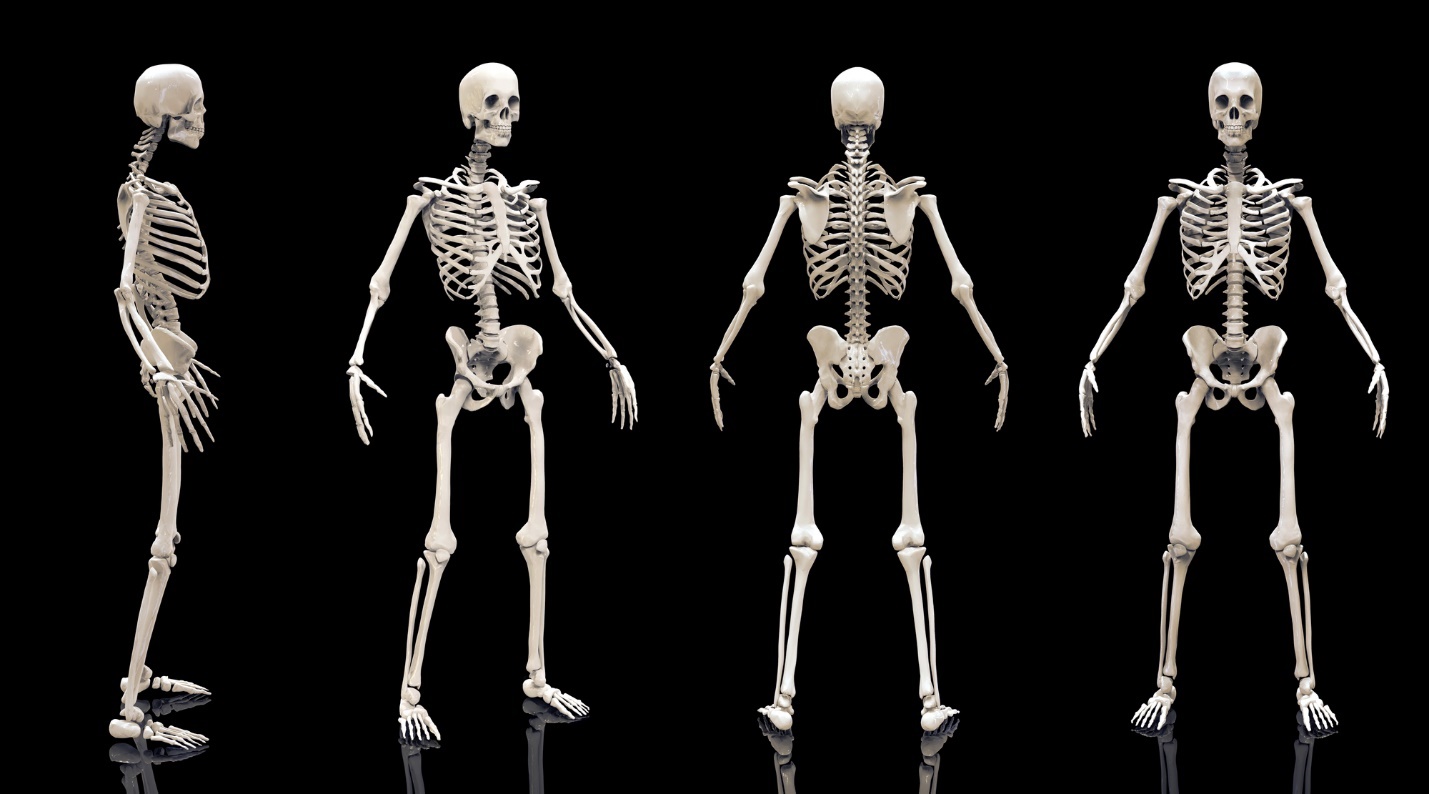
“I brought you on board to help with the engine,” the Captain snaps, “not to insult my ship or my crew.”
“The manifest reason you invited me onto the USS Independence is to assist with your engine, yes. The latent, more true reason is because a small part of you wants me to tell you the emperor is wearing no clothes.”
The Captain sputters and says, “Speak clearly to me, Navigator. I don’t need any nonsense on my ship!”
“You did not bring me on board to tell you everything is fine. You’ve been telling yourself that for years as a defense against your pain. You brought me on this vessel to tell you the truth that you are bereft of many things. Well, the first truth is that your skeleton crew is actually a bunch of dead bones. They represent a deeper truth.”
“And what is that?” the Captain asks with eyes so narrow that the Navigator cannot see any white but only small black niches shrouded by darkness.
“Your skeleton crew is an extension of you. Most everything on this ship is starving or dead and needs to come to life. You need to drink living water and eat healthy food. The condition of your crew also tells me you’re quite isolated. No one else is on this massive cruise ship. You’re alone.”
“Jesus is with me,” the Captain protests, this time not with anger but in a softer voice.
“What you say is true. You have given your life to the One who walks on water and loves Captains, but . . .”
“But what?”
“The whole truth is that Jesus is in you, yes, but you don’t really let yourself need Him. He doesn’t even have access to your whole ship—maybe only one of your ten decks. To need Him is to allow Him onto every deck and into every cabin and berthing on this vessel, and to trust Him. But you don’t let yourself need anyone. You’re like a homeowner who has fire insurance but doesn’t let anyone in your house. No, you’re not going to hell, but you certainly aren’t growing in your relationship with Jesus.
“To trust someone, even the Great Navigator of navigators, you must allow Him into every area of your heart.”
The Captain leans toward the Navigator in the darkness and cries out, “I know something isn’t right on my ship! No one has ever boarded my ship to tell me what I need, so I keep sailing past the port hoping that someday someone will see me and help me. But I know that if anyone does board my ship and attempt to do anything to help me, it will feel like an attack, and I will immediately push away the gangway between us and put out to sea.”
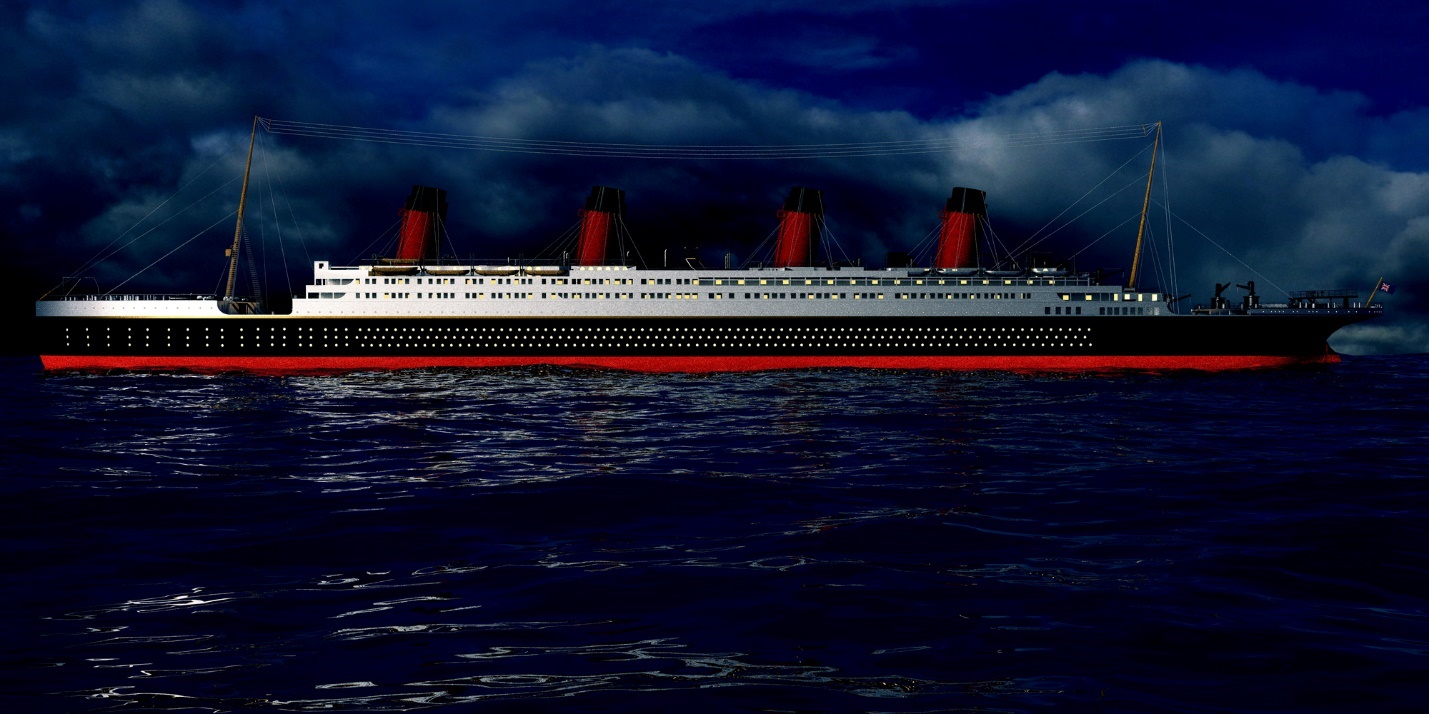
“You have never moored at the port until today,” the Navigator observers with a smile that probably cannot be seen in the darkness of the ship.
“This is true,” the Captain says with bowed head. “I have been afraid. I fear that I will discover that the Voice of my Childhood is correct: I am not worthy of love but only fit for anger and condemnation that kills my spirit. I have been hiding in shame for twenty years on this lonely ghost ship. I have enough supplies to keep sailing alone—but just barely—and I dare not eat what others give me because I am not worthy of it and neither do I trust the food.”
There is a pause before the Captain asks, “What can you do to point me in the right direction?”
“Oh, but that’s the problem,” the Navigator replies. “It’s not a matter of handing you a map and getting off your ship. The most important things you must learn are trust and love, and you can’t do that if you don’t allow someone on your ship. You need to move toward relationship, not away.”
“So, how do I learn relational things?” the Captain asks.
The Navigator replies, “Well done. You have asked the right question. Simply said, you need to go on a journey with someone on board.”
“Go on a journey!” the Captain says. “I’ve been on a journey all my life but never seem to get anywhere. I feel like I’ve been sailing in circles forever and am ready to believe that’s my lot in life.”
“You have been,” the Navigator replies. “That’s why you need someone with you to help steer you in the right direction—across the ocean instead of circling around the same old island five miles offshore. That island, you know, is called Familiar. Those who keep circling around it are choosing to be comfortable and safe and alone instead of setting out to sea where they will learn love, trust, vulnerability, and the ability to ask for help.”
The Captain is silent, so the Navigator continues.
“You have nine decks on this ship that are sealed off. You don’t let God or other people have access to those decks much less yourself. How can you grow in any relationship if you are so hidden? I don’t know what’s on all those decks with their 513 rooms, but I have helped navigate other Captains across the ocean to the other side and some decks Captains hide have become very familiar to me.”
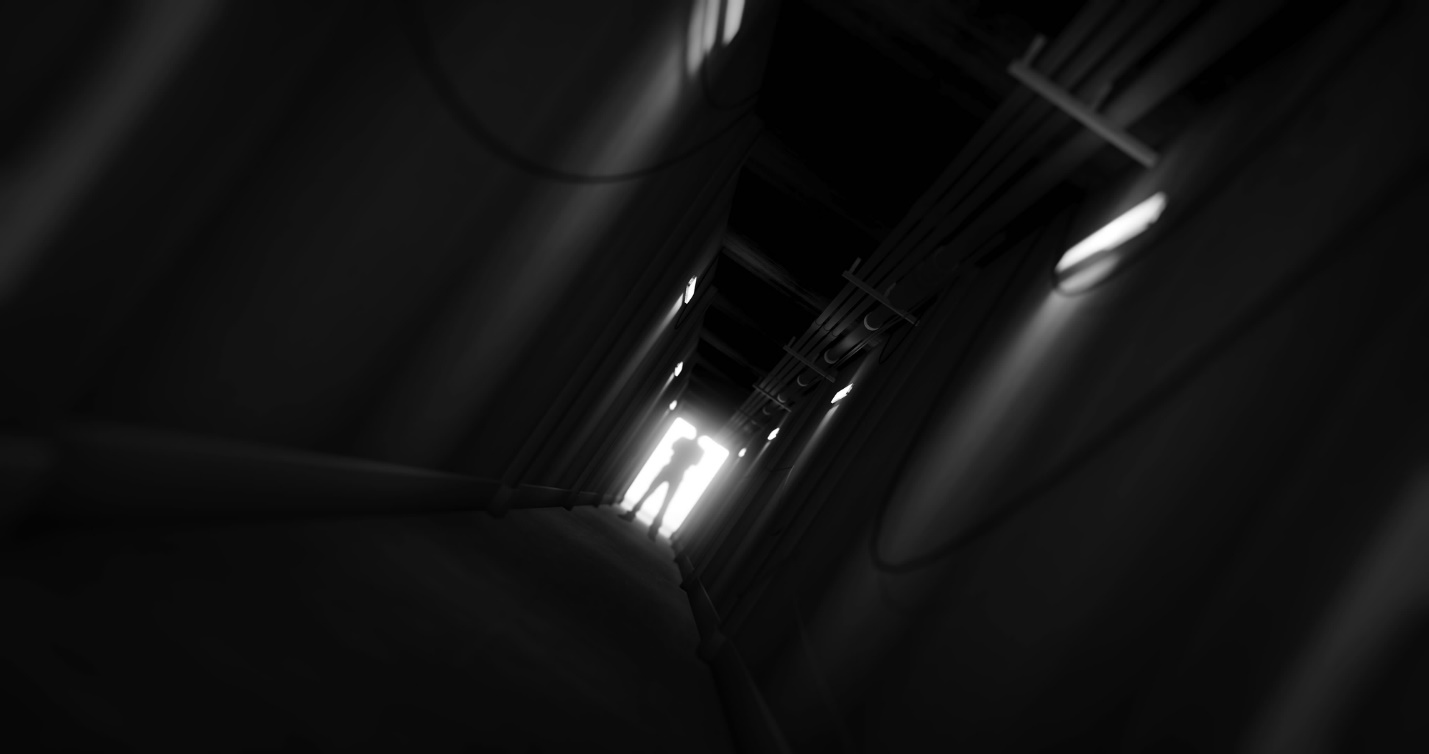
The Navigator pauses, and then says, “I would imagine I can fairly accurately identify some of your decks:
- One deck is called independence (the name of your ship, coincidentally) that is often coupled with a pride that keeps you self-sufficient, lonely, and unable to ask for help. This independence is fueled by fear but also by a rebellion that doesn’t want anyone to tell you what to do. You really do not submit to anyone—even as you believe in God.
- Another deck is inhabited by the belief that others won’t love you or are incapable of doing so. It is about them.
- Yet another houses the corresponding belief that you are unlovable anyway. It is about you.
- There is probably a deck that contains the deeply embraced lie that it is safer to be alone than with others.
- Deeper down is a deck that houses coping skills that helped you survive childhood but now tragically interfere with present day relationships. Your ability to self-protect might be coping skill and public enemy number one.
- There’s a deck devoted to perceptions you have in your imagination and heart that are not necessarily accurate. These perceptions cause you to defend yourself against others even when they are not attacking you. You are always so combat ready, Captain. At one time, you were attacked, but now it is peace time and you must come out of your bunker.
- Another deck is the place where you store strong emotions–mainly bitter, self-protective anger–that burn bridges between you and God and other people. I think your deep hunger to be seen and loved dwells on that same deck.
- Finally, there’s most likely a deck devoted to hiding your pain from God and others. Hiding may feel safe, but it prevents you from receiving and giving love because you have removed yourself from the world of love and presence. You can’t experience and give love if you have withdrawn from relationships.
“The tragedy about all your sealed off and defended decks is that you have kept both other people and Jesus at a distance and then wonder why they don’t pursue you or love you. But the wonderful news in all this is that you are asking for help to access those nine decks,” the Navigator announces with muted joy in his voice.
The Captain sighs loudly and says quietly, “It sounds like ‘the journey’ is more than a quick fix of the engine.”

“Nice insight,” the Navigator says. “Yes, the journey is not about you receiving some impersonal map with directions to change your cognitions or to understand your brain, although those are not unimportant. Rather, it’s about inviting me on board with you because the most powerful part of receiving navigation is asking someone to be present with you on the journey. Yes, we can “fix” things and challenge your beliefs and give you tools to change, but the most important ingredient to your growth is being with at least one safe person so you can learn how to love and forgive and need.
“Call it trust. Call it attachment. Call it internalizing a presence and a voice that are different from those in the past that still hold you hostage. Maybe best of all, call it love.”
The Captain sighs again and then says, “It sounds like a lot of work. “Nine decks and 513 berths.”
The Navigator nods his head in the darkness and says, “You are not wrong. But I will remain with you until we get over to the other side of the ocean. By then you will have learned how to not hide so much or to defend yourself even against love. Then you will know how to continue the journey until the day you bow before the Captain of captains and the Navigator navigators.”
There is a short silence before the Captain sighs yet again and then says, “Okay, all right, very good, when do we set sail for the other side?”
The Navigator smiles and replies, “We already have. The minute you invited me on deck, the journey began—the journey toward your own heart, other people, and above all, God Himself.
“As we sail across the open sea, day by day you will discover that God made you for relationship, to be seen and known, to be loved and to love, to be in the presence of others and The Other. Depression and anxiety are not the problem; God simply uses them to tell you that something is not functioning well with that reciprocating four-cylinder, triple-expansion steam engine known as your heart.”
As a glimmer of light appears on the distant eastern horizon, the Navigator says, “Please take me to your wheelhouse. I want to begin reading and hearing more from the Captain’s log. We have a journey ahead of us!”
“For though we walk in the flesh, we are not waging war according to the flesh. For the weapons of our warfare are not of the flesh but have divine power to destroy strongholds. We destroy arguments and every lofty opinion raised against the knowledge of God, and take every thought captive to obey Christ . . .” ~ 2 Corinthians 10:3-5
“And when evening came, the boat was out on the sea, and he was alone on the land. And he saw that they were making headway painfully, for the wind was against them. And about the fourth watch of the night he came to them, walking on the sea. He meant to pass by them, but when they saw him walking on the sea they thought it was a ghost, and cried out, for they all saw him and were terrified. But immediately he spoke to them and said, ‘Take heart; it is I. Do not be afraid.’ And he got into the boat with them, and the wind ceased. And they were utterly astounded . . .” ~ Mark 6:47ff.
